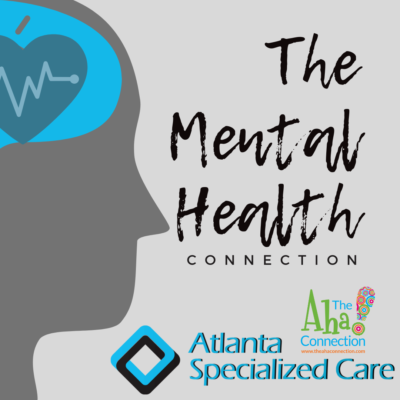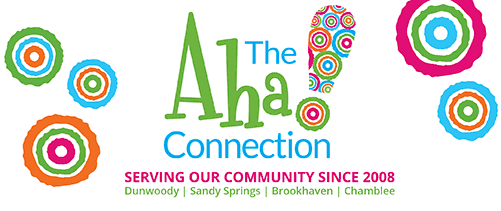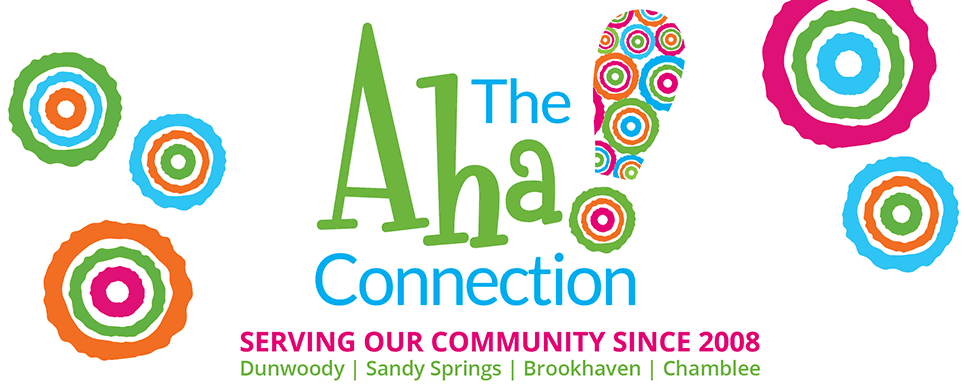 by By Neitcha Thomsen MSW, LCSW, CCATP of Atlanta Specialized Care for The Aha! Connection
by By Neitcha Thomsen MSW, LCSW, CCATP of Atlanta Specialized Care for The Aha! Connection
Parents work to support the successful transition of their children throughout the milestones of their lives. They are there to encourage the baby to walk, the child to tie their shoes, feed themselves, ride a bike, and other things that are steps into the bigger world. Being aware of what skills a teen or young adult needs to launch into college is helpful. There may be additional skills needed if there is a mental health challenge or neurodiversity. All parents want their children to thrive in college and life. In my work with both families and young adults, I find that having a checklist of launch skills and needed resources can be essential for transitioning.
Young people need to practice self-advocacy, emotional regulation, independent life skills, managing complex schedules, setting routines and self-care. They need to build personal awareness. That includes knowing their strengths and areas for growth. They need to practice managing their sleep schedule, initiating their own healthcare appointments, managing a budget and screen time responsibly. They require academic acumen which includes things such as the ability to seek support from teachers or counselors, understanding graduation requirements, managing emails or calendars, and navigating their grade portals independently.
When a young person has a mental health challenge or neurodiversity, they may require additional support in place for their success. Mental health challenges often present for the first time during the first year of college. Getting support for the young adult who takes a leave from school to stabilize is particularly important. A therapist can aid them in building a recovery plan and identifying the resources needed for their return to college. Families may not know what is available or needed for a young person who is struggling. Parents may not be familiar with the student support services available at universities. A therapist with experience in this area can empower them to discover their personal strengths, qualities, and tap into their ability to thrive in life. Parents can provide a key element for their young person’s successful launch into the adult world by supporting their practice of these independent living skills or seeking professional support for their development.

MSW, LCSW, CCATP
Neitcha Thomsen, a licensed clinical social worker (LCSW) and Certified Clinical Anxiety Treatment Professional (CCATP), received her Master of Social Work from the University of Georgia and her undergraduate degree in Social Work from the University of Texas. Mrs. Thomsen has extensive experience working with young adults and adults with mood disorders, psychotic disorders, anxiety, OCD, grief, and insomnia. She works with individuals on the autism spectrum providing individual support for executive functioning skills. She is certified as an Autism Spectrum Disorder Clinical Specialist. She is a mental health advocate in the Atlanta community and is passionate about empowering and supporting families and individuals impacted by mental illness through their journey of recovery, ending stigma, and identifying community mental health resources.
Mrs. Thomsen uses a variety of modalities such as Cognitive Behavioral Therapy (CBT), Motivational Interviewing, psychoeducation and Exposure and Response Prevention Therapy (ERP) based on the needs of the client. She is trained in Cognitive Behavioral Therapy for Insomnia (CBT-I) which is considered the gold standard for the treatment of insomnia. She empowers clients in their journey through a framework of the recovery model along with focusing on individual strengths. Through the treatment process, she aids individuals to discover their personal strengths and qualities, and to tap into ability to not only heal but thrive in life. She works from a client-centered framework focusing on education, protective factors, values, connection to others, and developing skills while focusing on each client’s personal goals for therapy.
Mrs. Thomsen has experience in both the inpatient and structured outpatient psychiatric program settings. She has worked as a program therapist and program director. She has served on the board of NAMI Northside. Before embarking on her work in the field of mental health she worked as a Spanish interpreter and cultural liaison in the school system along with facilitating community outreach work. She has lived in Mexico, Japan and Australia and loves to travel and learn about new cultures.
Neitcha Thomsen, LCSW





